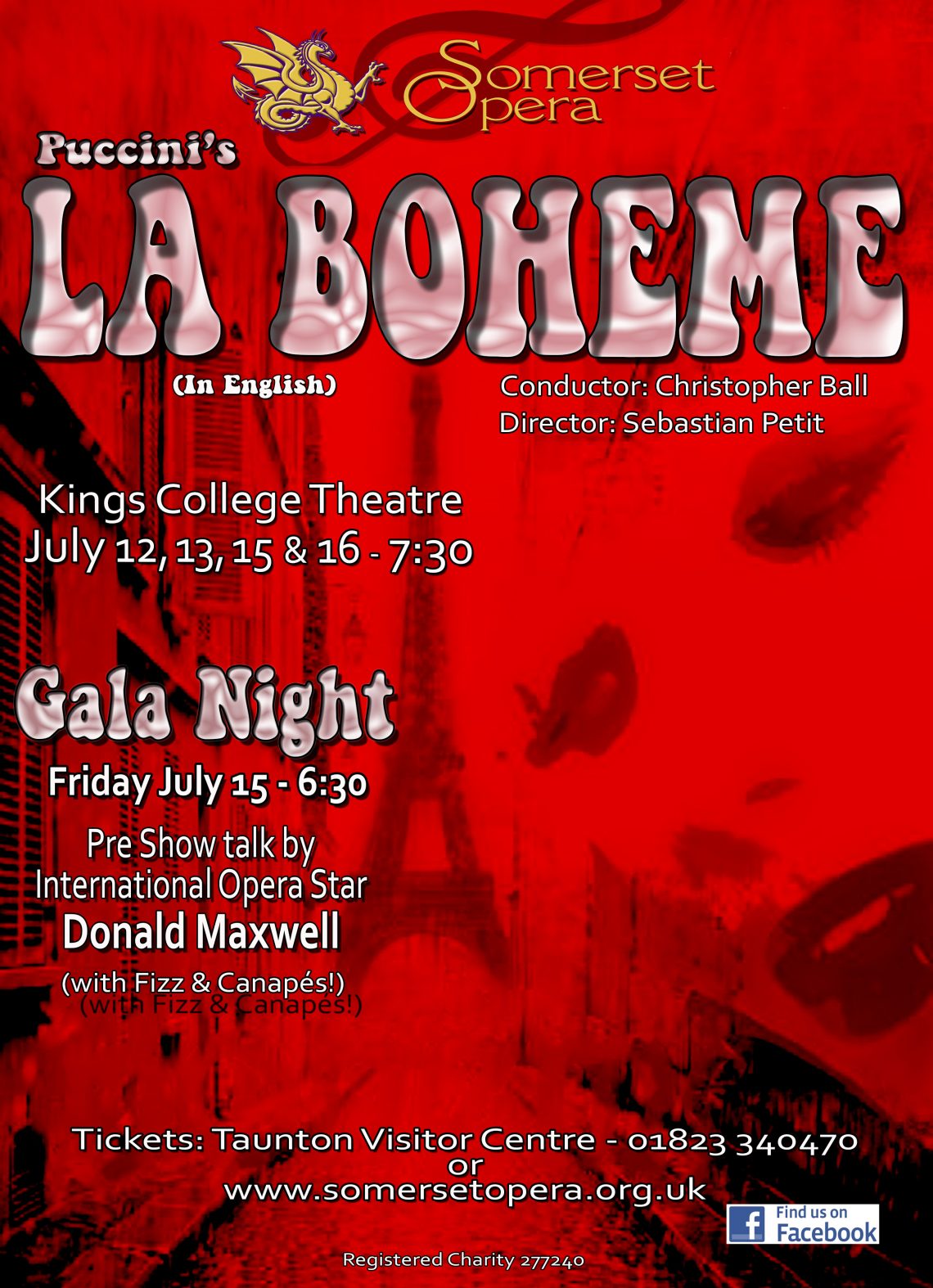

When Marcello appears, she tells him of her distress over Rodolfo’s jealousy.

Mimì arrives, searching for the place where Marcello and Musetta now live. Later, on the edge of Paris, guests are heard within a tavern. Soldiers march by and the bohemians fall in behind, leaving Alcindoro to settle the check. Sending Alcindoro away, Musetta falls into Marcello’s arms. Trying to gain Marcello’s attention, Musetta sings of her own popularity. Marcello’s former sweetheart Musetta makes a noisy entrance on the arm of the wealthy Alcindoro. Happy to have found each other, Mimì and Rodolfo leave together to join the others.Īt the Café Momus, Rodolfo introduces Mimì to his friends. In the moonlight, he takes her hand and tells her about his dreams. Rodolfo finds the key and slips it into his pocket. Mimì realizes that she lost her key, and as they search, both candles go out. Rodolfo helps her to the door and relights her candle.

There is another knock at the door-it’s Mimì, a pretty neighbor, whose candle has gone out. They soon depart for the Café Momus, though Rodolfo remains behind. After getting the older man drunk, the friends throw him out. Their landlord, Benoit, comes to collect the rent.

They are joined by their roommates-Colline, a philosopher, and Schaunard, a musician. The artist Marcello and poet Rodolfo try to keep warm on Christmas Eve in their Latin Quarter garret. With this work – considered to be an autobiography of the young Puccini – the composer brought to opera new kinds of heroes, in hitherto unknown settings: young bohemian artists with whom it appears he identified owing to his experiences as a student at the Milan Conservatory.1830s Paris. Puccini, who was very demanding with the librettos, insisted on it being modified various times, the result being a libretto which was quite different to the original literary text, but which had achieved an exquisite narrative. Although it was not received with great enthusiasm at first, its fame quickly spread and today it is one of the most well known and widely performed operas in the world. La Bohème was premiered on 1 February 1896 at the Teatro Regio in Turin, under the direction of Arturo Toscanini. Opera in four acts with music by Giacomo Puccini and Italian libretto by Giuseppe Giacosa and Luigi Illica, based on the serialised novel Scènes de la vie de bohème (Scenes from the Life of Bohemia) by Henri Murger (1847-49).


 0 kommentar(er)
0 kommentar(er)
